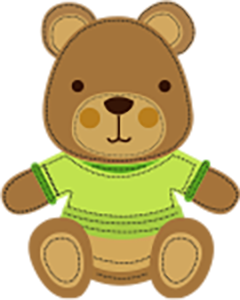Weaning Advice
What is weaning?
Introducing your baby to solid foods, also referred to as weaning or complementary feeding, starts when your baby is around 6 months old.
Your baby should be introduced to a varied diet, alongside their usual breast milk or first infant formula.
It can be confusing knowing when and how to start introducing solid foods. We're here to guide you through the weaning journey and explain what it all means.
We've got expert NHS advice, helpful videos, tips from other parents, and lots of simple, healthy weaning recipes and meal ideas
Weaning Video
How to start weaning your baby
Lots of parents wonder when and how to start introducing solid foods – with so much conflicting advice available it can be very confusing.
You should wait until your baby is around 6 months old. This gives them time to develop properly, so they can cope with solid food.
What are the signs my baby may be ready to start weaning?
There are 3 clear signs, which, when they appear together from around 6 months of age, show that your baby is ready for their first solid foods, alongside breast milk or first infant formula.
-
stay in a sitting position, holding their head steady
-
coordinate their eyes, hands and mouth so they can look at their food, pick it up and put it in their mouth
-
swallow food (rather than spit it back out)
Behaviours that can be mistaken for signs of being ready
-
chewing fists
-
wanting extra milk feeds
-
waking up in the night (more than usual)
This fist-chewing, wanting extra feeds and waking up in the night are normal baby behaviours and not necessarily a sign of hunger or being ready to start solid food.
Starting solid foods will not make your baby any more likely to sleep through the night. Sometimes a little extra milk will help until they are ready for food.
If your baby was born prematurely, or you have any questions about weaning have a chat with your health visitor or GP for advice.
